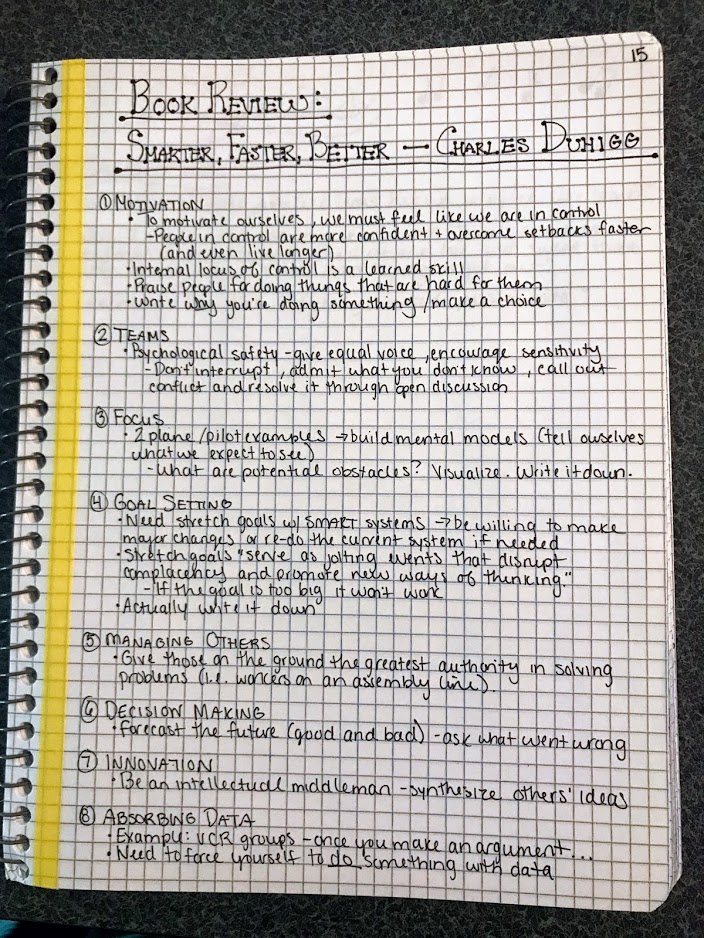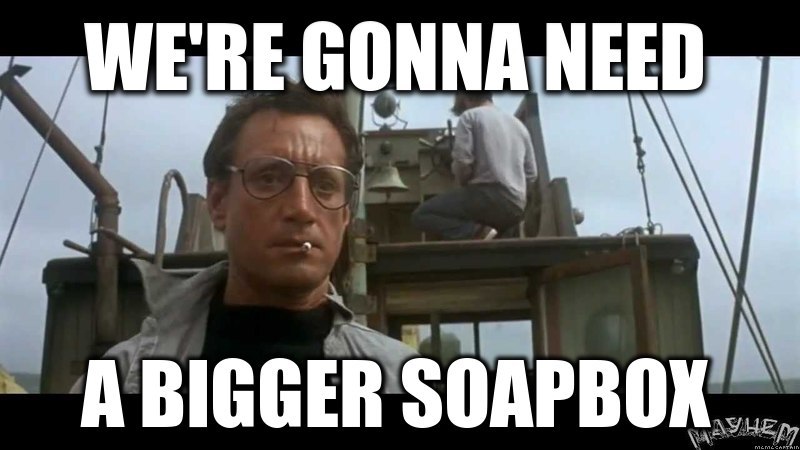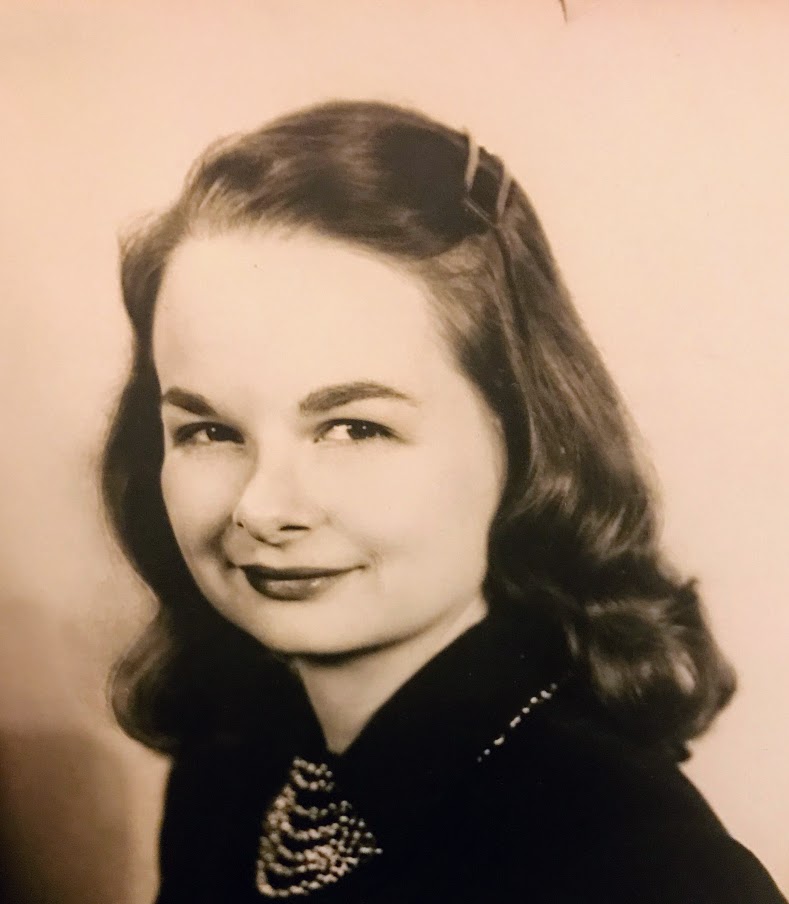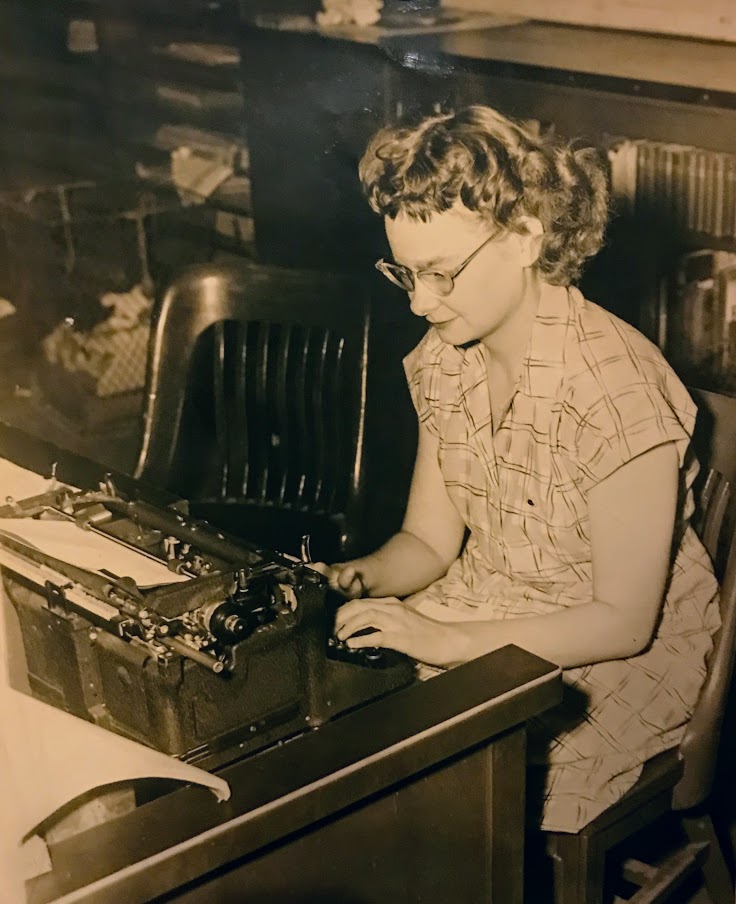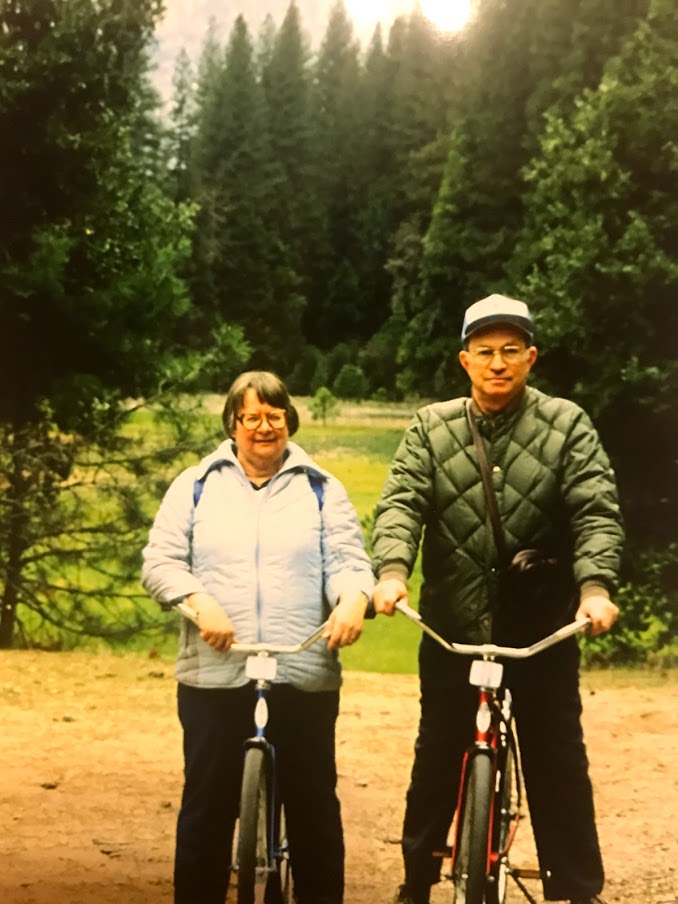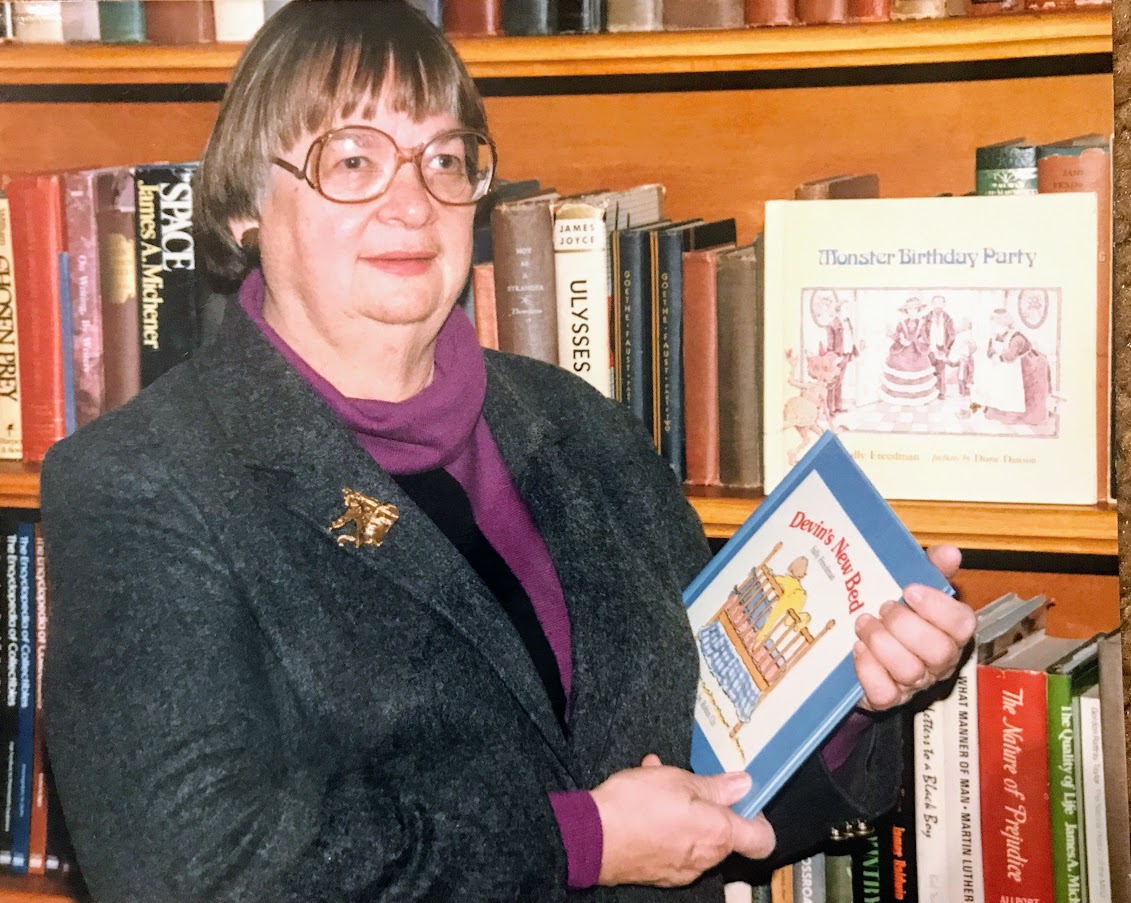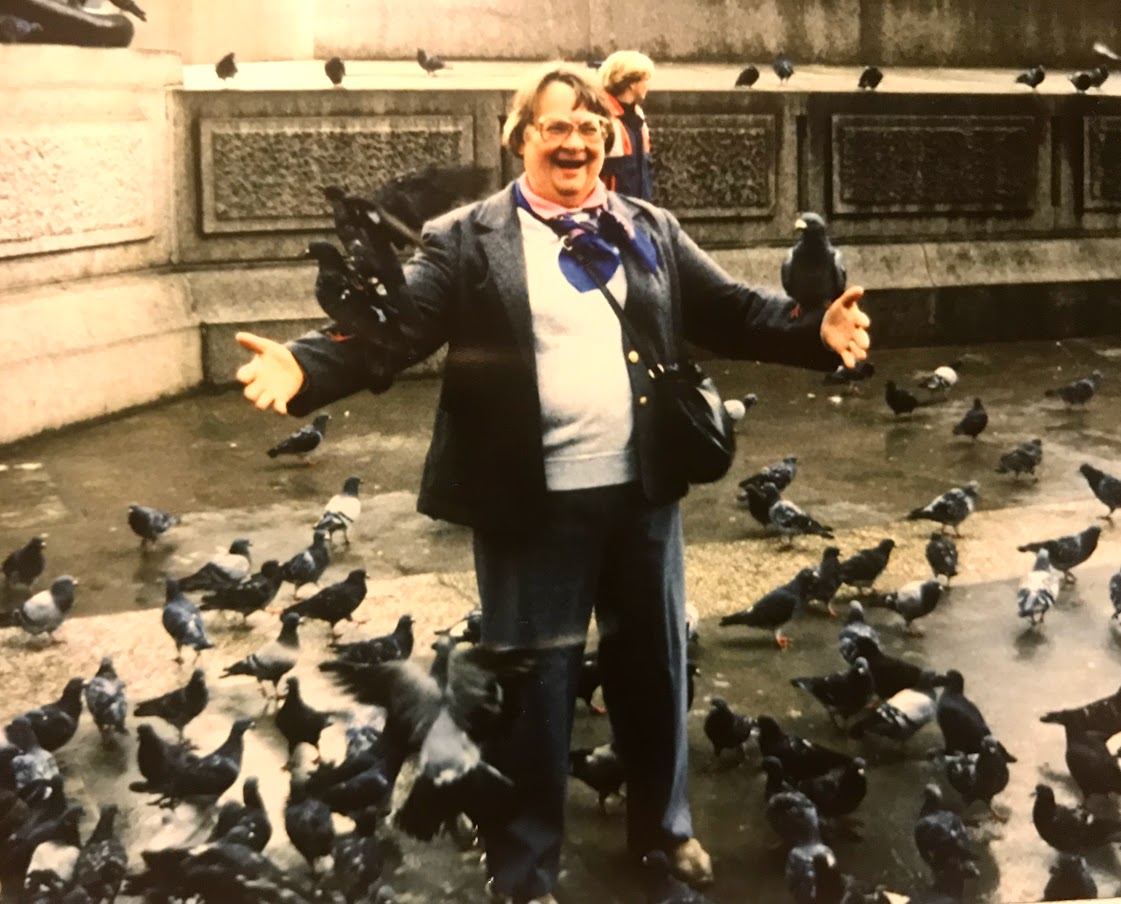The Art and Science of: Creating a Stretch Goal
In preparing for this post, I reflected on the goals I have achieved so far in my life, and so far it’s been a pretty decent success rate. I can confidently say that in my 20s I achieved all of the things I set out to do, both personally and professionally. I earned my master’s degree, got married, popped out a kid or two, and traveled to some new places.
That’s a good thing…right?

Maybe, maybe not. I’m starting to realize that it may be time to ask myself some tough questions:
Have all my goals been ones I knew I would achieve? Have I ever really pushed myself?
Yikes…if I am really honest with myself, the truth is I have probably been playing it pretty safe. That’s not a bad thing per say, but what might the possibilities be if I opened myself up to risker goals?
Let’s break down a small, real-life example of mine from last fall. I set a goal to read 4 books for fun during the fall semester, and I ended up reading 6. That’s pretty good. I love crossing books off my list, so it felt pretty good.
But what if I had set a stretchier goal of reading 10 books by the end of the semester? I may have fallen short, and still only read 6 – that’s the same result, which is still pretty good. Or, I may have read 8, or 10. Or even more. I realize now that I picked 4 because I knew I could do it. That’s not necessarily a bad thing, but it did not really help me grow, nor did it force me to change the way I do things at all.
We could also point to the example of the half marathon I ran. If you read my previous post about it, you know that I really hated that experience. But what if I had approached it differently? What if instead of setting the goal of just finishing the race, I set a scarier goal to finish in a certain amount of time? I might have actually pushed myself and accomplished something even greater. I probably still would have hated it, but it’s a fun thought experiment!

Ten years ago I remember reading a post in one of my favorite blogs, Life After College, called “Big, Hairy, Scary Goals”. The author, Jenny Blake, challenged readers to think of one of your biggest life goals, say it outloud to yourself, and then say it outloud to someone else. Each small step would make the goal more real, and by making it more real, it becomes tangible.
She’s talking about the BIG goals we all have. Some might be at the forefront of your mind, some you may not even dare to say. Perhaps you want to write a book, travel the word, live in a different city or country, quit your job, go back to school, start a business…the possibilities are endless.
My “Big, Hairy, Scary” goals include things like becoming a published author, earning a PhD, visiting all 50 states and all seven continents, and more. They sound exciting, and I work toward them every now and then when I have the time, money, and energy. They are the types of goals that stay with you year after year, but something – perhaps a life event, whether good or bad – always seems to get in the way. Goals like these can easily fall to the wayside, being replaced with your daily routine and short-term goals.
Don’t get me wrong – focusing on your short-term goals is incredibly important! But every now and then, shouldn’t we put aside some time and energy for something really big?
Heck, the big goals I just mentioned could even be bigger! For example, what if instead of visiting every continent I visited every country? Or learned a new language? These things sound waaaaay scarier…so maybe that’s on the right track.
My favorite section of the book, Better, Smarter, Faster was a story about what is now my all-time favorite stretch goal example. The book tells the story of the creation of the first bullet train in Japan. It was just after WWII, and Japan was searching for ways to boost their economy; a high speed train would be crucial for people to be able to travel between cities for work and leisure.
In 6 months engineers presented a prototype which would go 65 mph, which would make it one of the fastest in the world. But that wasn’t good enough for the head of the Japanese railway system – he wanted 120 mph. The conversation between the engineers and their boss went something like this:
Engineers: “That is not realistic. At those speeds, if the train turns too sharply, it would derail.”
Boss: “Why do the trains need to turn?”
Engineers: “There are numerous mountains between the cities.”
Boss: “Why not make tunnels, then?”
Engineers: “The labor required to build them is too costly.”
Boss: “Find a way.”
So they went to work and created a new prototype at 75 mph. Frustrated, the head of the railway system explained that 75 was better, but not enough to transform the nation. He replied,
“Incremental improvements would only yield incremental growth.”
So over the next two years the engineers continued doing experiment after experiment. They rebuilt some gears here, reinforced the rails there…each small change added a few more miles per hour to the overall speed. Finally, in 1964 the world’s first bullet train left the station, travelling an average speed of 120 mph. Now, to travel between Osaka and Tokyo would take roughly 3 hours instead of 20. Talk about transforming a nation.
And thanks to one of the world’s greatest technological advancements, Nick and I got to see this amazing country for ourselves:



The moral of the story is that to accomplish something great, you need to change the way you do things. As Thomas Jefferson once said,
“If you want something you have never had, you must be willing to do something you have never done.”
Essentially, the stretch goal becomes more about the process in which you do things rather than the goal itself. If I want to change my goal to visiting every country in the world rather than just every continent, it means I might have to change the way I save money, or earn extra money, or have a job that was conducive to me travelling more often, and who knows what else.
I’m not necessarily saying we should all quit our jobs and travel the world. But what I am definitely saying is that we should at least open ourselves up to the possibility.
And on that note, a thought experiment:
What would you be capable of if you stretched yourself? If you had no constraints, what would be possible? If you allowed for a major change to take place, how might that be for you?
